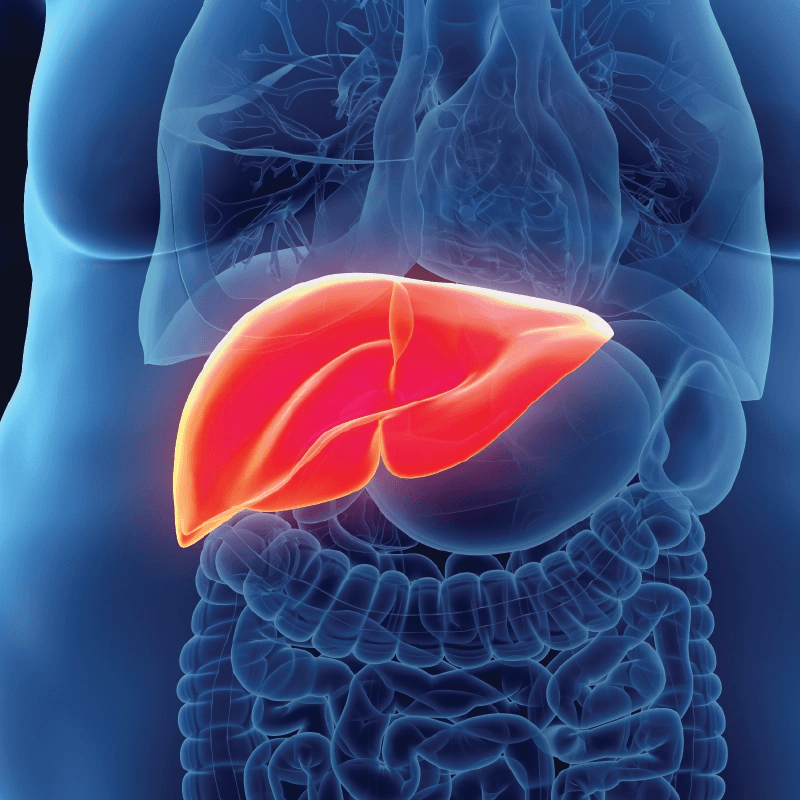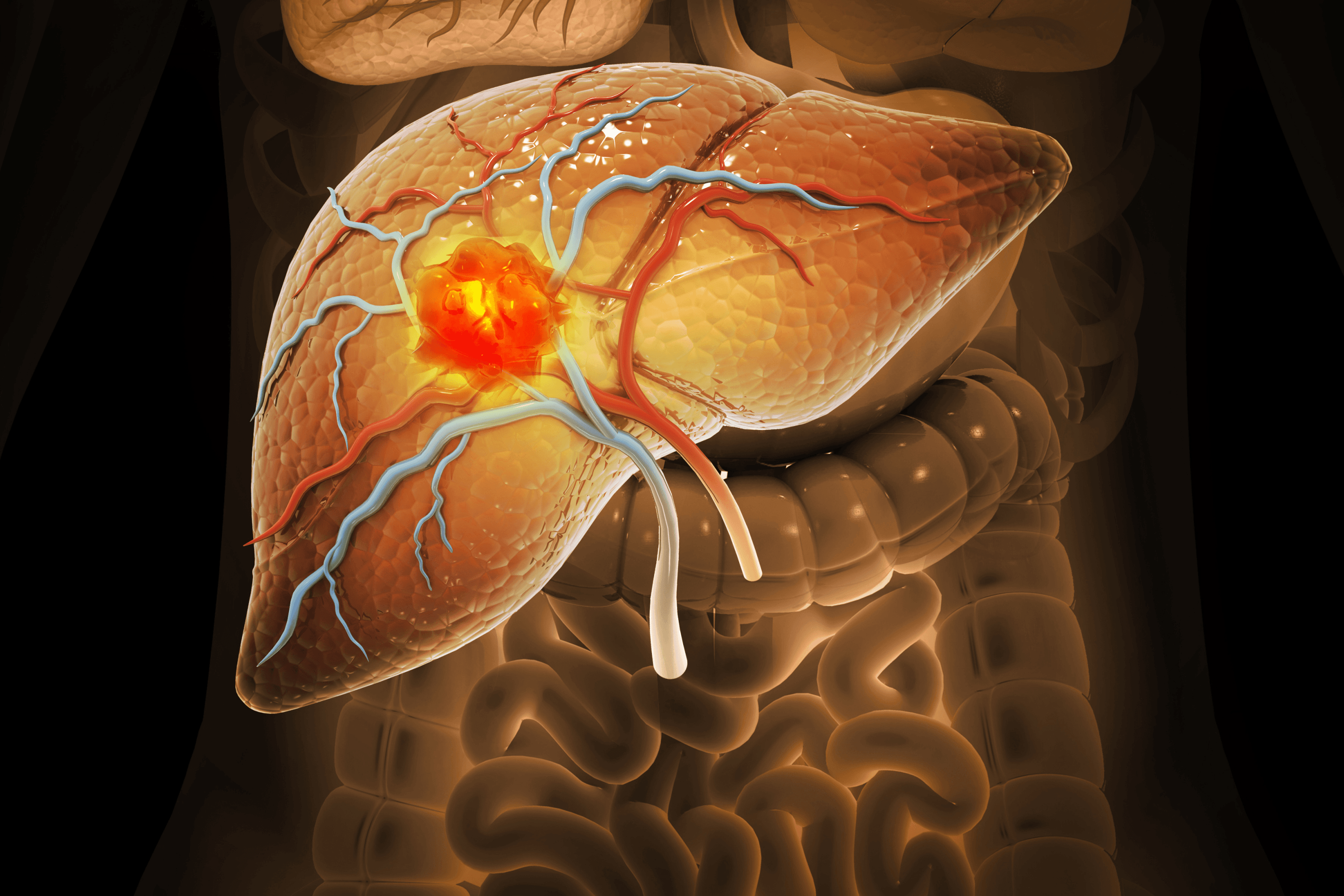Understanding Diabetes 1
Diabetes is a chronic condition that affects the way the body processes blood sugar (glucose).
The liver is one of the most important organs in your body, performing hundreds of essential functions to keep you healthy.
Your liver filters your blood, detoxifies harmful substances, produces essential proteins, stores vitamins and minerals, and helps digest food. When liver function is compromised, it can affect your entire body.,
Dr. Sanjay Kumar Yadav specializes in diagnosing and treating all types of liver diseases, from common conditions like fatty liver disease to more complex issues requiring transplantation.


Diabetes is a chronic condition that affects the way the body processes blood sugar (glucose).
Signs that may indicate liver dysfunction
If you experience any of these symptoms, especially in combination, consult a healthcare professional promptly.
Situations requiring immediate medical attention
Liver function assessment
Comprehensive blood panels to evaluate liver enzyme levels, protein production, and other markers of liver health. These tests can detect inflammation, damage, and functional impairment.
Visualizing liver structure
Non-invasive imaging techniques to visualize the liver’s structure, detect abnormalities, and assess the extent of damage or disease progression.
Definitive tissue analysis
A procedure to obtain a small sample of liver tissue for microscopic examination. This provides definitive information about the type and extent of liver disease.